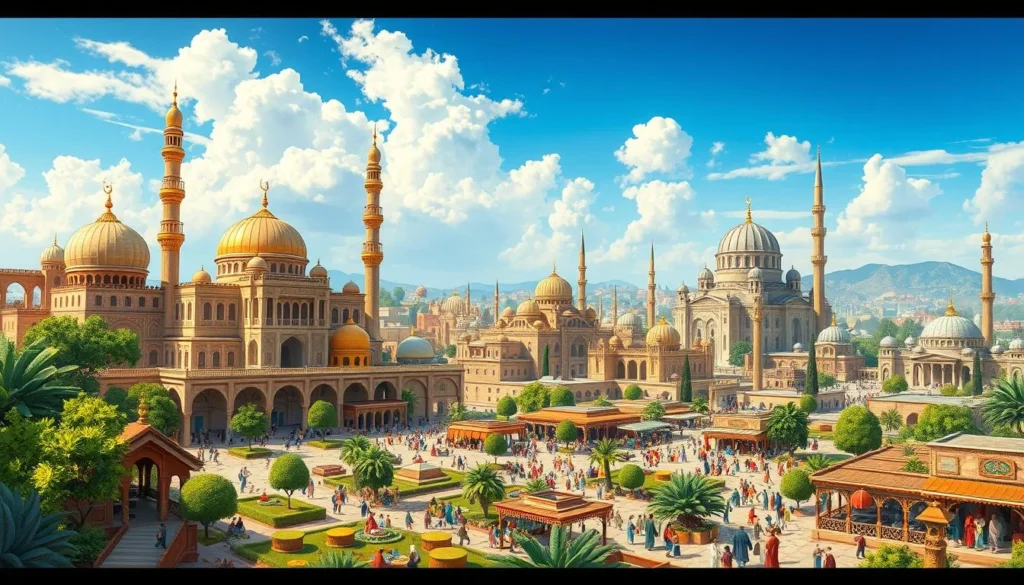Date: January 22, 2025
The Islamic Empires, which spanned centuries, have left an indelible mark on the world. From the rise of the Umayyads to the grandeur of the Ottomans, the legacy of these empires continues to shape global culture, politics, and society today.
The early Islamic empires, such as the Rashidun and the Umayyad Caliphates, played a pivotal role in spreading Islam beyond the Arabian Peninsula. Under the Umayyads, the empire expanded across North Africa, Spain, and parts of Central Asia, leaving behind a rich cultural and architectural legacy, including the stunning Great Mosque of Damascus.
The Abbasid Caliphate, which succeeded the Umayyads, ushered in a golden age of knowledge, particularly in the fields of science, medicine, and philosophy. Scholars in Baghdad and other cities translated ancient Greek and Persian texts, preserving knowledge that would later fuel the European Renaissance.
In the east, the Ottoman Empire emerged as one of the most powerful Islamic empires. Spanning over 600 years, the Ottomans not only influenced politics and military strategies but also left a lasting cultural imprint through their art, literature, and architectural wonders, such as the Hagia Sophia in Istanbul.
The legacies of these empires are still visible in the modern world, from the spread of Islamic architecture and art to the preservation of ancient texts and knowledge. The Islamic empires also contributed to shaping global trade routes, fostering intercultural exchanges, and establishing some of the most influential cities in history.
While the Islamic empires have faded over time, their impact on modern civilization is undeniable, and their contributions to the world continue to inspire and shape the future.
Published in TDF News, January 22, 2024

